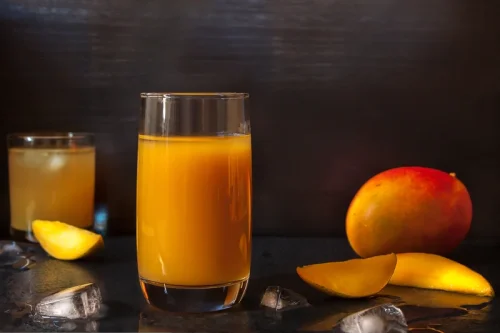
Substance use and a mood or anxiety disorder are not necessarily mutually exclusive and frequently co-occur. Suicidality and homicidal tendencies can result from dysregulated mood, a recent stressor, or substance is cannabidiol addictive use. Differentiation requires an understanding of the intensity and temporality of the symptoms. Persistent symptoms during periods of sobriety can indicate a comorbid primary psychiatric disorder.
- If you suspect marijuana use disorder, dependence, or addiction in yourself or someone else, help is available.
- As such, until health experts understand more about dosing and how CBD can affect the body, it may still have the potential to cause harm.
- Legal when derived from hemp — a form of the cannabis plant — CBD is now found in shampoos, hand lotions, skin creams and even dog treats.
- For example, one study found that CBD influences how the brain responds to serotonin, which may have an antidepressant-like effect.
Identification of studies
CBD can be found in various products online and in stores, including dietary supplements, bath soaks, drinks, and food. The authors declare that the research was conducted in the absence of any commercial or financial relationships that could be construed as a potential conflict of interest. There is also controversy about the pharmacological effect of CBD on CB2R.
Marijuana / CBD
Physical dependence on THC is more likely among people who use high-THC cannabis strains. While marijuana use can lead to dependence, the current research suggests that cannabidiol is not addictive. A 2017 study published in the Journal of Drug and Alcohol Dependence indicated that CBD has the same potential for dependence as a placebo pill. Because marijuana can be addictive, particularly when it is used heavily and at high doses, you might wonder if CBD addiction is also possible.
- Its impact on pain has been investigated, especially in combination with THC in Sativex treatment for chronic pain40,41 and is relevant since chronic pain can induce or perpetuate drug abuse.
- While CBD does not appear to be addictive and may have some benefits, one large-scale review concluded that there was not enough evidence to support the use of CBD as a treatment for mental health conditions.
- The dose of naloxone required to provoke 50% of the mice to jump off of a platform was recorded during the withdrawal, as were defecation and rearing behaviors.
- After a careful review of articles, seven of those were excluded because their outcomes did not fit the purpose of this review or because they were duplicated (Supplementary Table 2 provides description of the excluded studies).
- In epilepsy studies the mean oral dose was 1214 mg/day; in non-epilepsy studies the mean oral dose was 918 mg/day.
What is the best CBD oil?

Cannabis is a plant of the Cannabaceae family that contains multiple biologically active compounds. The FDA continues to categorize cannabis as a Schedule I drug with no accepted medical use at this time despite the increasing number of states that have allowed the medical use of cannabis and its derivatives. The FDA emphasizes its high potential for abuse and has attempted to introduce federal regulation to help curb the misuse. A 2021 study notes that one potentially safe alternative to CBD is palmitoylethanolamide.
- Further studies are clearly necessary to fully evaluate the potential of CBD as an intervention for addictive disorders.
- Additionally, withdrawal symptoms can occur when the substance is not used, leading to further difficulties in quitting.
- These compounds can affect human health by interacting with the endocannabinoid system, a biological system that regulates and balances a number of key bodily functions.
- Drug addiction is a chronically relapsing disorder characterized by the compulsive desire to use drugs and a loss of control over consumption.
- If you are taking other medications, CBD can impact their efficacy, and the dose you are taking may need to be re-evaluated by your doctor.
Can CBD make you addicted?
Clinicians should be mindful that medical marijuana is not a product of the tightly regulated and scientifically backed pharmaceutical industry. Laboratory testing of urine, blood, saliva, or hair can be useful to detect cannabis use, but results should be considered along with a clinical rationale. Assays typically rely on detecting the most common active metabolite, delta-9-tetrahydrocannabinol. Quantifying tolerance is possible by comparing the reported intake of cannabis to blood levels.

In Sprague-Dawley rats, CBD (5 mg/kg, i.p.) did not change the conditioning score but enhanced CPP extinction (Parker et al., 2004). Also, CBD (10 mg/kg, i.p.) disrupted the reconsolidation of place preference in rats and this effect was present for 2 weeks (de Carvalho and Takahashi, 2017). Very recently, Chesworth and Karl exhaustively explored CBD actions (10 mg/kg, i.p.) on the https://ecosoberhouse.com/ acquisition, consolidation, reconsolidation, extinction, and drug-primed reinstatement of cocaine (15 mg/kg) in the CPP paradigm. CBD significantly reduced the preference for the cocaine-context and the consolidation of cocaine memory. CBD had no effects on cocaine-induced CPP, the rate of extinction of cocaine memory, or the drug-primed reinstatement (Chesworth and Karl, 2020).

